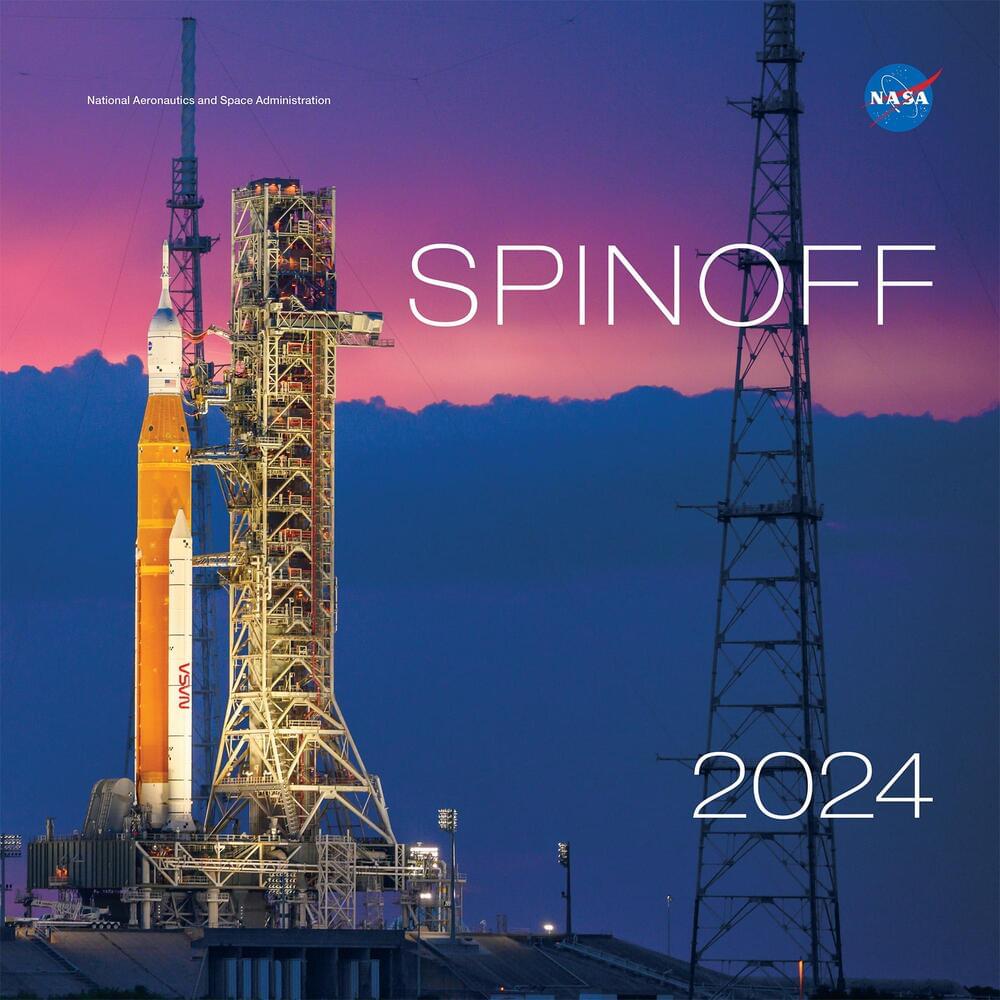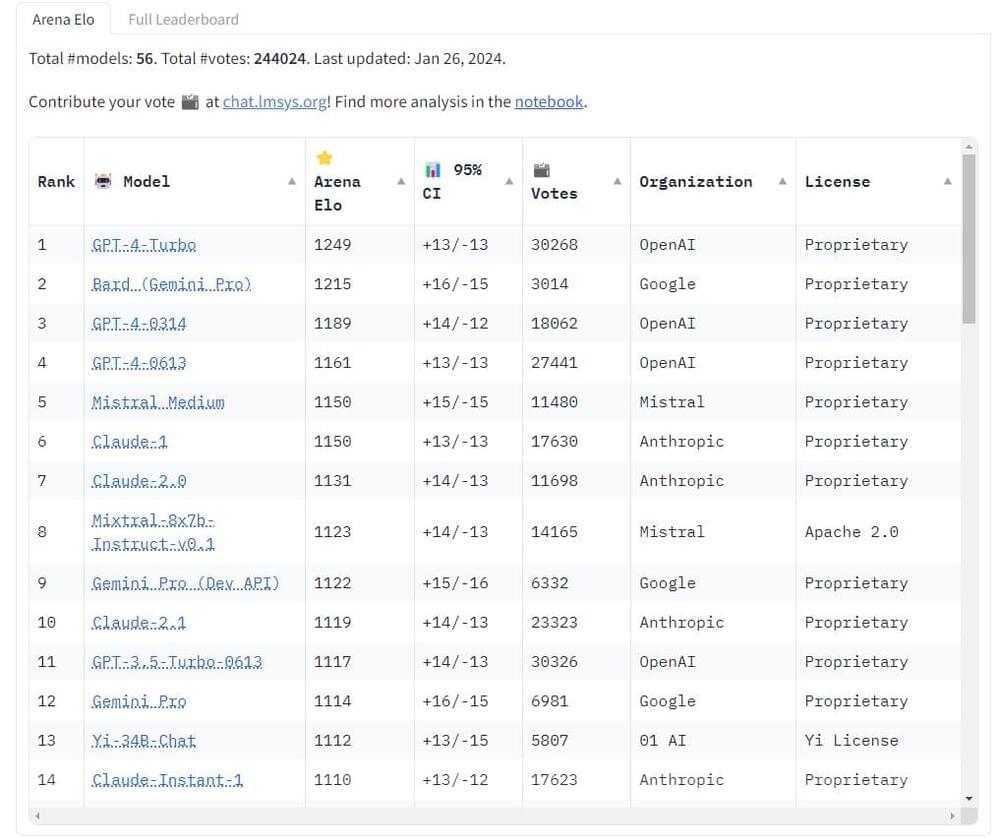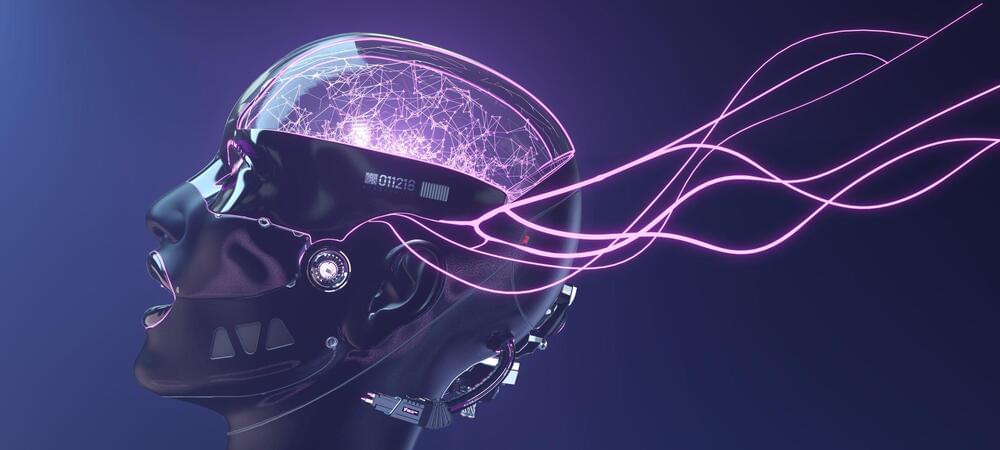Jan 30, 2024
The Professions of the Future (1)
Posted by Henrique Jorge in categories: automation, big data, business, computing, cyborgs, disruptive technology, education, Elon Musk, employment, evolution, futurism, information science, innovation, internet, life extension, lifeboat, machine learning, posthumanism, Ray Kurzweil, robotics/AI, science, singularity, Skynet, supercomputing, transhumanism
We are witnessing a professional revolution where the boundaries between man and machine slowly fade away, giving rise to innovative collaboration.

Photo by Mateusz Kitka (Pexels)
As Artificial Intelligence (AI) continues to advance by leaps and bounds, it’s impossible to overlook the profound transformations that this technological revolution is imprinting on the professions of the future. A paradigm shift is underway, redefining not only the nature of work but also how we conceptualize collaboration between humans and machines.
As creator of the ETER9 Project (2), I perceive AI not only as a disruptive force but also as a powerful tool to shape a more efficient, innovative, and inclusive future. As we move forward in this new world, it’s crucial for each of us to contribute to building a professional environment that celebrates the interplay between humanity and technology, where the potential of AI is realized for the benefit of all.
In the ETER9 Project, dedicated to exploring the interaction between artificial intelligences and humans, I have gained unique insights into the transformative potential of AI. Reflecting on the future of professions, it’s evident that adaptability and a profound understanding of technological dynamics will be crucial to navigate this new landscape.

















